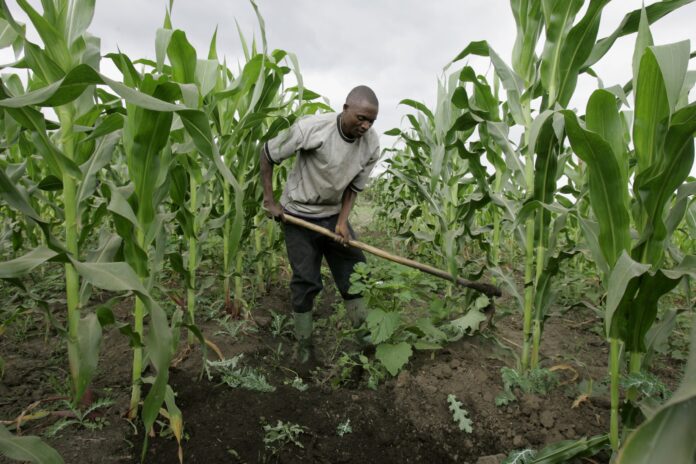Successful farming in Kenya: The dream of living off the land, tilling the ground and growing your own crops, and connecting with nature is one that many people share.
Particularly if you didn’t grow up on a farm, it can be easy to romanticize the farmer’s life, imagining it as a meditative, relaxed life far away from the frantic pace of “city life.”
But this isn’t a genuine picture of farming, and not everyone is cut out to be a farmer. Some farmers would argue there’s a big difference between someone who knows how to farm and a farmer, so consider your personality, your goals, and your strengths when deciding whether or not to be a farmer.
Successful farming in Kenya:
1. Consider why you want to be a farmer.
Farming is hard work, and requires a lot of knowledge and upfront investment. You have to be part entrepreneur, part small business owner, part scientist, and part manual laborer. Even if you do everything right, farming is unpredictable: natural disasters such as floods or drought can wipe out crops, pests can decimate your harvest, and the price of crops can vary dramatically.
Farming often requires a far greater time investment even than a full-time 9-to-5 job. Unless you want only a very tiny farm or large garden as a hobby, farming will have to become your life.
2. Think about your priorities.
Ask yourself some questions about what you want your life to look like. What goals do you have for yourself? Are they concrete, such as a certain annual income or time with your family? Are they more abstract, such as a certain quality of life or a feeling of satisfaction?
Consider what you are willing to sacrifice and what you are not. What do you need to achieve your goals, and what are you willing to do to achieve them?
3. Decide whether the economic hardships of small farming are acceptable to you.
Small-scale farming is a notoriously poor-earning business, and 91% of all small farms require outside income (either through other employment or through government and foundation grants) to stay afloat. If things like saving for retirement or sending your children to college are goals of yours, farming may not be for you.
4. Visit farming resource websites.
In order to make the decision about whether to become a farmer, you’ll want to collect as much information as possible about what the process requires.
5. Reach out to your local cooperative extension.
If you live near a college or university, you probably have access to their cooperative extension office. These offices are there to serve the needs of local small business owners and agricultural producers. They provide many resources on farming and agriculture, and often offer classes and seminars too.
6. Talk to farmers.
Nothing beats talking with real-life farmers about their lives and experiences. If you have a local farmers’ market, get to know the farmers who sell their goods there. Ask them about what they love about their work, and what they hate.
7. Volunteer on a farm.
If you are serious about becoming a farmer, volunteering on a farm is a good way to learn if the lifestyle is really for you before you have to make a major financial investment.
8. Limit your initial development.
One way to control your initial startup costs and limit your risk of failure is to start small and develop your farm gradually. You don’t need a bunch of fancy, expensive equipment to begin farming. Your principal focuses should be your soil and your product.
9. Grow what you know.
While experimentation is great, when you’re first starting out, start by cultivating what you have experience with. If you apprenticed on a berry farm, grow berries. If you trained on a pig farm, raise pigs. You can diversify later if you choose, but beginning with some expertise and experience in your area will be invaluable as you get your farm up and running.
10. Promote your products.
Your network of personal and community connections will be your single biggest way to promote your farm products, but fortunately, you can also take advantage of other marketing options too. Place coupons in the local paper, create “pick-your-own” events, even cold-call restaurants in your area to see if they want to purchase your locally grown goods.
11. Continue to learn every day.
Knowing how to grow crops and raise livestock is only the first step. Even once you’ve learned the basics, continue to do research on new techniques and opportunities, and always try to learn from other farmers. Don’t get complacent about your farming.
12. Engage with your community.
A strong connection to your community is crucial for running a successful farm. Developing a good relationship with your community means you’re also developing a support network.
You can’t market your product or sell your livestock or crops if you can’t or don’t know how to communicate, network or talk with other people in your community. Make friends, acquaintances and business partners with the various people involved in agriculture, be they farm equipment mechanics, local butchers, local sale barn personnel, potential buyers, other local farmers, or various other tradesmen and -women. Successful farming in Kenya…









